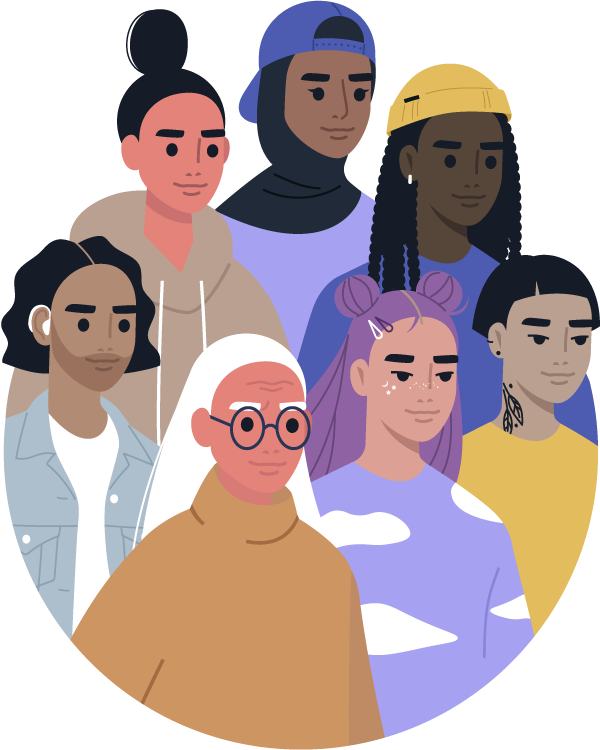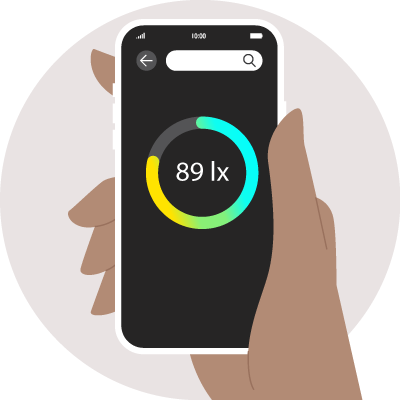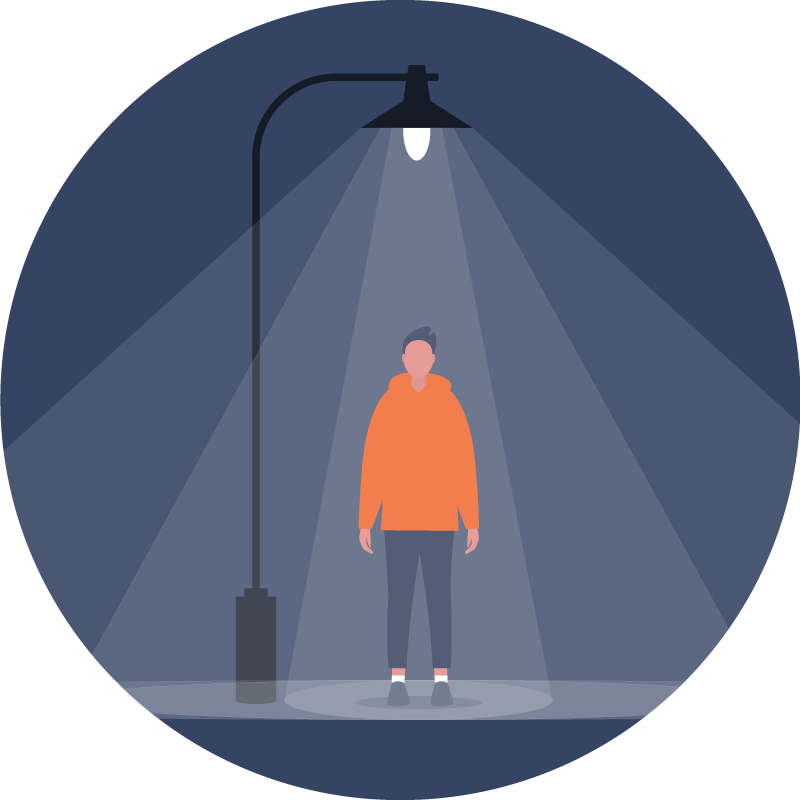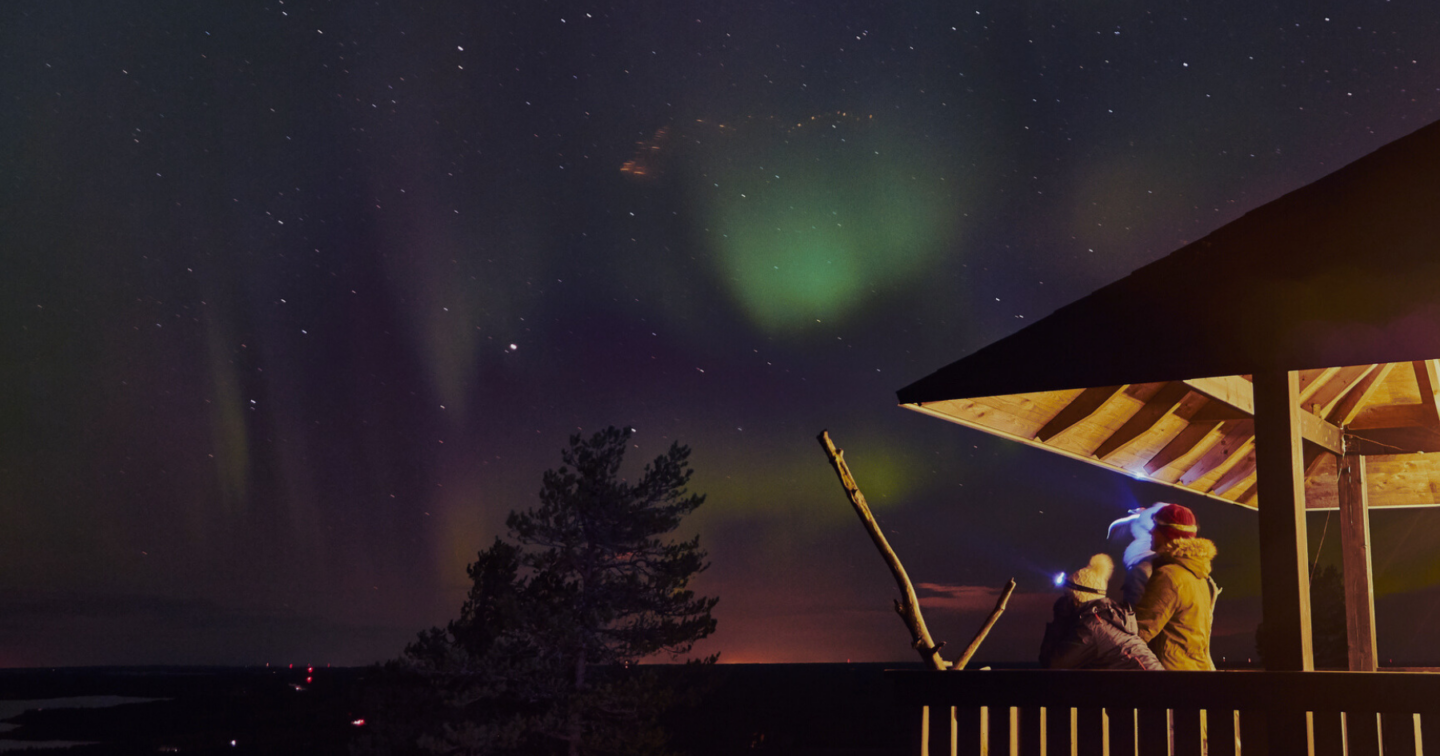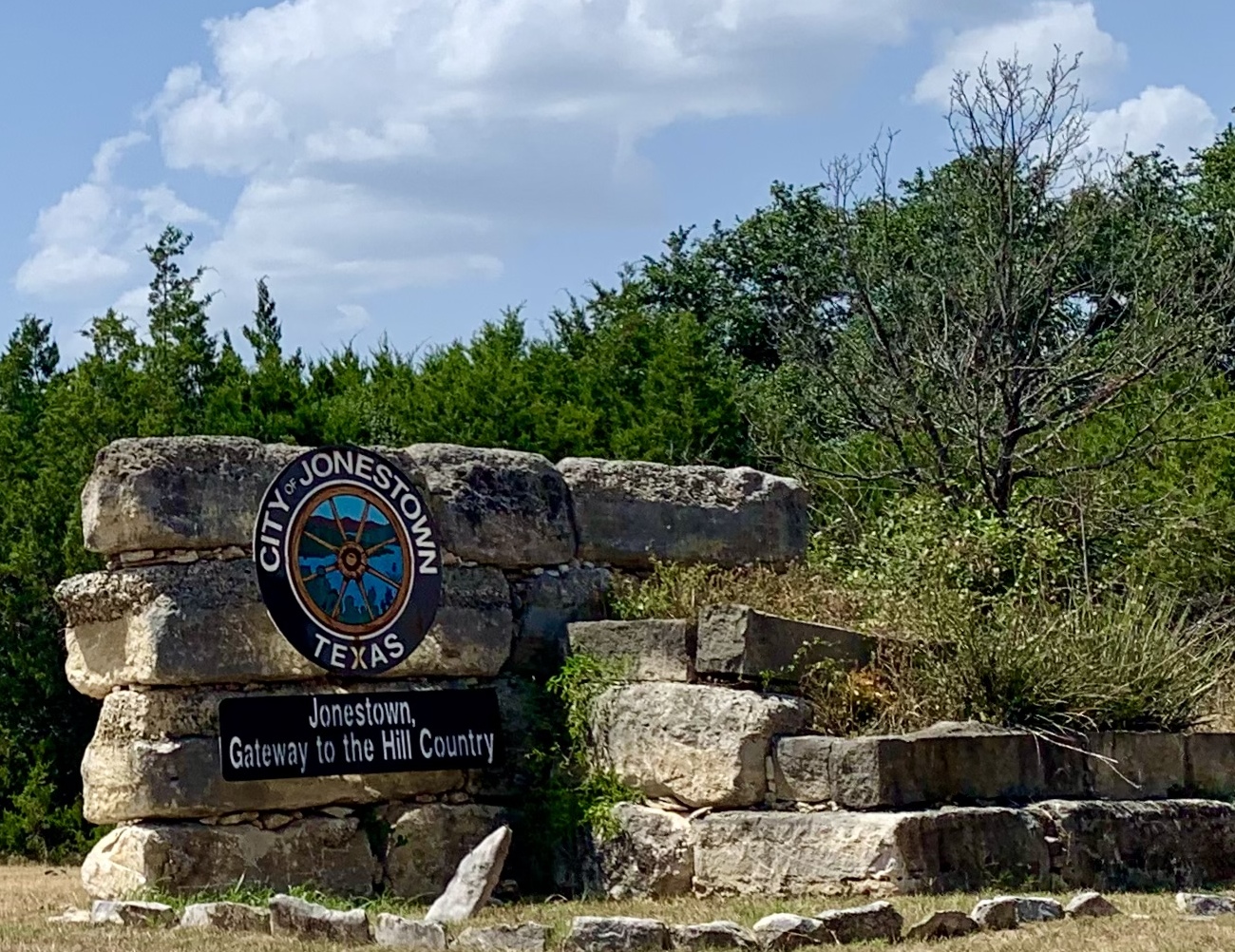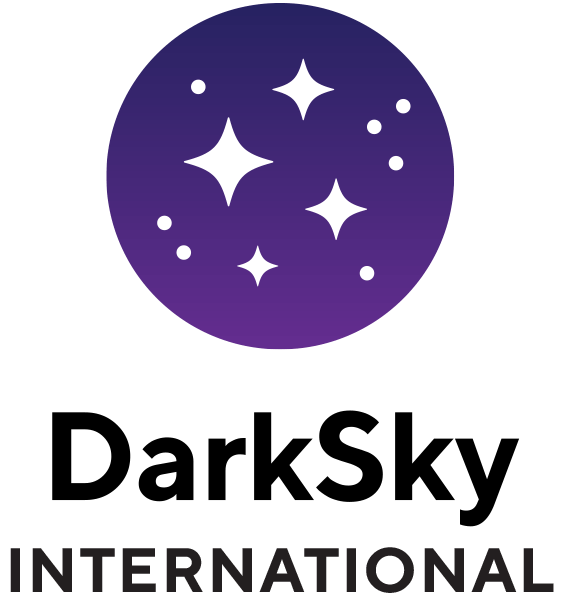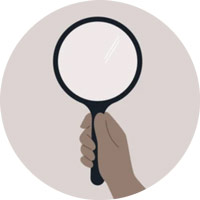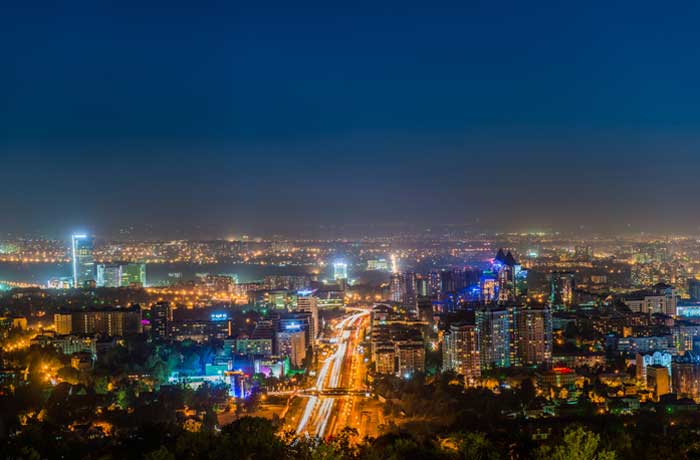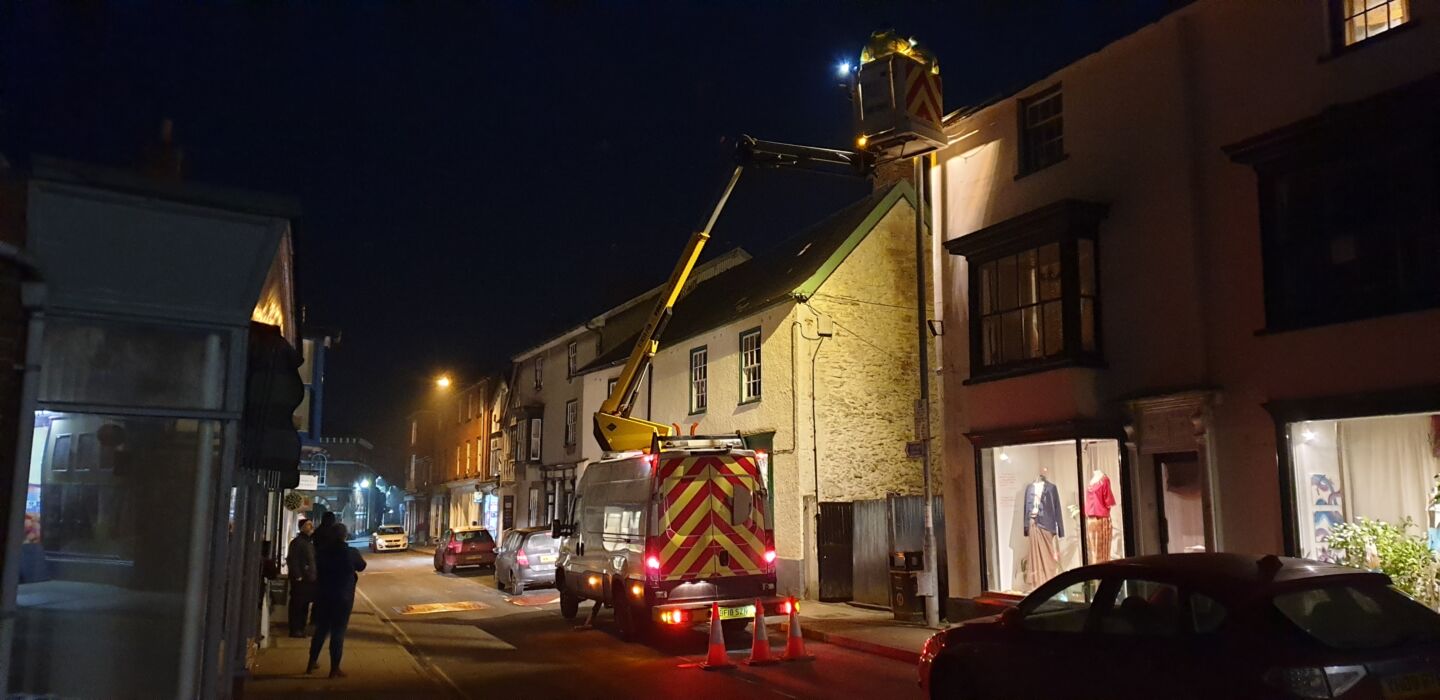
DarkSky advocates for policy priorities that reduce light pollution and promote quality outdoor lighting

Carefully crafted and robust public policy is crucial to fulfilling DarkSky’s mission to restore the nightime environment and protect communities from the harmful effects of light pollution. We are involved in various efforts to influence the decisions of various lawmaking and oversight bodies worldwide to formulate, adopt, implement, evaluate, or change public policies on outdoor lighting. We partner with various government entities to support policy priorities that reduce light pollution and promote quality outdoor lighting.
Night skies and public policy implications
Energy and climate change
Policies that minimize light pollution are tied directly to reducing energy consumption by promoting efficient outdoor lighting technologies. These policies control the types of outdoor lighting that various public and private entities may install and determine appropriate lighting levels and warranting conditions (whether lights may be installed in certain areas and/or operated during particular hours of the day).
Wildlife and ecosystems
Wildlife is all around us, whether we live in urban or rural settings. Choices made by various jurisdictions about outdoor lighting impact all species and are especially important for locations in or near sensitive habitats. Bad lighting policies can have lethal consequences for wildlife, but good policies can actually help restore healthy urban ecosystems.
Human health
The preponderance of available scientific data suggests that exposure to artificial light at night presents significant risks to human health. While greater exposure to light at night comes from indoor lighting and viewing electronic devices, jurisdictions can limit residents’ exposure to artificial light during outdoor nighttime activities while providing adequate light levels to ensure safety and security.
Public safety
Poorly designed and installed outdoor lighting is a known hazard to motorists, bicyclists, and pedestrians in transit at night. The same policies that reduce light pollution will reduce glare and put the right amount of light in the right place and at the right time to ensure the safety of all.
Crime
The notion that preserving dark skies requires turning lights off and compromising security is not supported by scientific evidence. Over-lighting outdoor spaces at night in the belief that lighting deters crime can actually create favorable conditions for crimes of opportunity. Good policies that reduce light pollution enhance security by reducing glare, attenuating harsh lighting that creates shadows, and retaining the element of surprise through adaptive lighting controls.
What we’re doing
- Leading efforts to set the policy agenda for reducing light pollution around the world.
- Informing policymakers about the most effective, efficient, and legally robust ways to regulate outdoor lighting.
- Promoting policies based on sound scientific research.
- Offering outdoor lighting policies appropriate for both local and regional levels
- Tracking policy developments to identify opportunities for DarkSky to become involved at the earliest stages of policy formulation.
- Coordinating DarkSky member calls to action to support or oppose specific policies under consideration in their jurisdictions.
Recent actions
2022
- December 2022: Appealing the FCC approval of SpaceX satellite constellations to protect dark and quiet skies
- October 2022: Pursuing Europe-wide action on light pollution through the Brno appeal.
2021
- December 2021: New York City adopts controls on nighttime illumination
- August 2021: City of Pittsburgh adopts a dark sky lighting ordinance.
2020
- December 2020: Letter to the incoming Biden Administration with accompanying suggested executive order on outdoor lighting
- August 2020: Response to the public solicitation for consultation by the U.K. Parliament All-Party Parliamentary Group for Dark Skies
- March 2020: Public comment on U.S. Council on Environmental Quality docket no. CEQ-2019-0003 (“Update to the Regulations Implementing the Procedural Provisions of the National Environmental Policy Act“) regarding satellite megaconstellations
2019
- November 2019: Public comment on draft legislation regulating outdoor lighting in Spain (“Draft Royal Decree approving the Energy Efficiency Regulation of outdoor lighting installations and their complementary technical instructions”)
- September 2019: Public comment on Australian Department of the Environment and Energy draft document “National Light Pollution Guidelines for Wildlife including Marine Turtles, Seabirds and Migratory Shorebirds”
- August 2019: Two letters to the New York Department of State, Division of Building Standards and Codes, supporting proposed amendments to the New York State Energy Code concerning shielding and spectrum management of outdoor lighting installations
- June 2019: Letter to Massachusetts General Court Joint Committee on Telecommunications, Utilities and Energy chairs supporting pending bills S.1937/H.2858 (”An Act improving outdoor lighting and increasing dark-sky visibility”)
- May 2019: IDA position statement concerning the launch of communications satellites in the SpaceX “Starlink” constellation
- February 2019: Letter to members of the New Jersey Legislature concerning pending bills A1652/S2328 (“Requires State to use certain energy-efficient outdoor lighting fixtures”)
- February 2019: Public comment on proposed City of Reno, Nevada, luminance limits for certain types of on-premise electronic signs
- February 2019: Public comment on City of Maroondah, Victoria (Australia) Draft Public Lighting Policy 2018
- February 2019: Enactment of an outdoor lighting ordinance in the Town of Lakewood Village, Texas, U.S., with assistance from DarkSky, to make the city eligible for International Dark Sky Community status
- January 2019: Public comment on pending light pollution legislation in the Hrvatski Sabor (Croatian parliament)
2018
- November 2018: Public comment on Grand Staircase-Escalante National Monument and Kanab-Escalante Planning Area Draft Resource Management Plans and Environmental Impact Statement (U.S. Bureau of Land Management, Department of the Interior)
- October 2018: Enactment of revisions to the City of Blanco, Texas, U.S., outdoor lighting ordinance, with assistance from DarkSky, to make the city eligible for International Dark Sky Community status
- October 2018: Enactment of revisions to the City of Cottonwood, Arizona, U.S., outdoor lighting ordinance, with assistance from DarkSky, to make the city eligible for International Dark Sky Community status
- August 2018: Pleadings to the U.S. Federal Communications Commission requesting Environmental Assessments for two proposed lighted communications towers to be located immediately adjacent to two International Dark Sky Parks in Texas (application numbers A1107618 and A1107619)
- August 2018: Public comment on Standards Australia document DR AS 2560.1:2018 (“Sports lighting Part 1: General principles”)
- June 2018: Public comment on Standards Australia/Standards New Zealand document DR AS/NZS 1158.3.1:2018 (“Lighting for roads and public spaces Part 3.1: Pedestrian area (Category P) lighting — Performance and design requirements”)
- June 2018: Public comment on Standards Australia/Standards New Zealand document DR AS/NZS 4282:2018 (“Control of the obtrusive effects of outdoor lighting”)
What you can do
Become a DarkSky Advocate
Join us and become a part of the global dark sky movement! The DarkSky Advocates Network is a global community focused on reducing light pollution and protecting dark skies.

